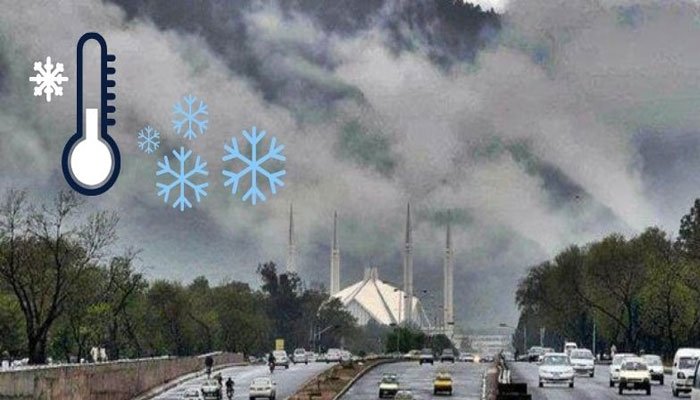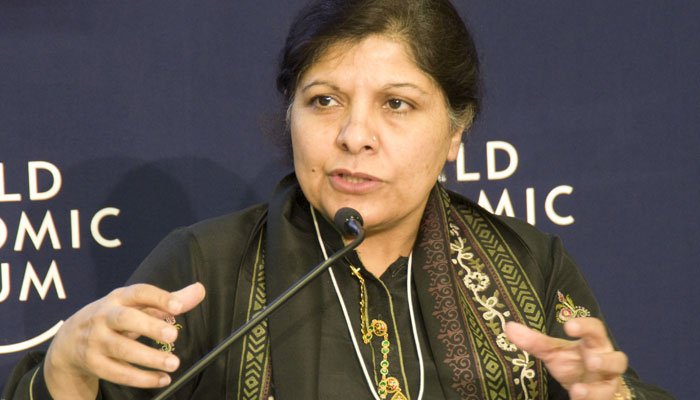Pakistan has a history of facing severe winter conditions, especially during the winters of 1965, 1991, and 2010.
As 2025 unfolds, Pakistan is preparing for what meteorologists predict could be its harshest winter in decades. The Pakistan Meteorological Department (PMD) has issued early warnings of an intense cold wave, forecasting temperatures to plunge to single-digit lows across many parts of the country. This extended cold spell is expected to last at least a week, possibly longer, with record-breaking chills gripping the nation.
Pakistan has historically faced heatwaves during this season, making it unlikely to experience a harsh cold winter at the same time.
When Pakistan Experienced Harsh Winters
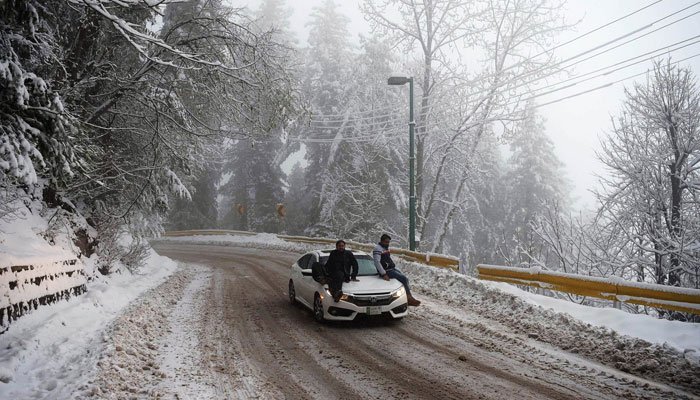
Pakistan has a history of facing severe winter conditions, especially during the winters of 1965, 1991, and 2010. These years were marked by prolonged cold spells and heavy snowfall, particularly in the northern mountainous regions. The winter of 1991, for example, saw temperatures in places like Murree and Gilgit-Baltistan drop below -10°C. This caused widespread power outages and blocked roads due to thick snow accumulation, disrupting daily life across affected areas.
A Warming Prelude to a Cold Winter
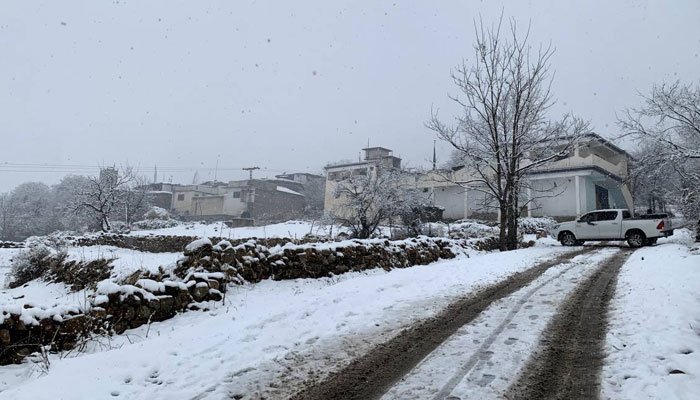
Leading up to this anticipated cold wave, unusual climate patterns have been observed. Pakistan experienced one of its heaviest monsoon seasons in years, with rainfall levels significantly above average from June to September. This heavy rain caused widespread flooding and landslides, especially in northern regions such as Gilgit-Baltistan and Khyber Pakhtunkhwa. However, after this wet period, the country has seen a sharp decline in rainfall from September through mid-January, leading to drought conditions in several provinces including Sindh, Punjab, and Balochistan.
Global Climate Change: A Warming Arctic and Its Ripple Effects
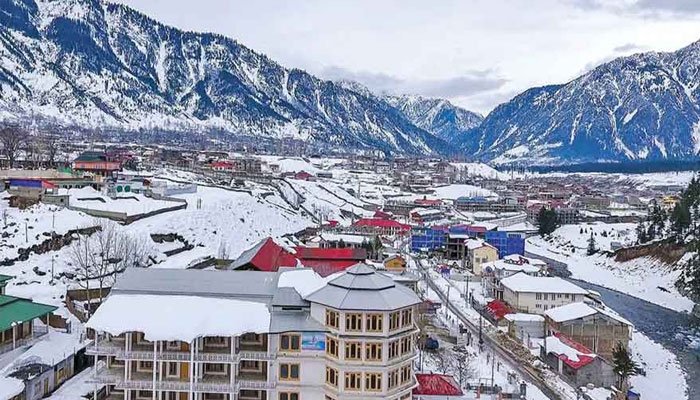
Global climate changes are also playing a role in shaping Pakistan’s weather. The Arctic region is warming at a much faster rate than the rest of the world, a phenomenon known as Arctic amplification. This rapid warming has caused a significant reduction in sea ice, affecting atmospheric pressure systems. These changes result in more erratic weather patterns across the Northern Hemisphere.
It is pertinent to mention that for the first time in recorded history, snow and hail have covered Saudi Arabia’s desert, transforming the Al-Jawf region into a rare winter landscape.
In Pakistan, these global shifts influence the jet stream, a fast-moving air current that controls weather systems. When the jet stream weakens or shifts its path, cold Arctic air can travel further south than usual, bringing prolonged cold spells. This behavior is believed to be a major factor behind the intense cold wave currently affecting the country.
Local Impacts: Agriculture, Energy, & Public Health
This harsh winter will have notable effects locally. Agriculture, especially in rain-dependent areas, faces challenges from both drought and severe cold. Frost-sensitive crops may suffer damage, risking food shortages in some regions.
Energy demand is also expected to spike as households increase heating usage to cope with the cold. This could put pressure on the national electricity grid, potentially leading to power outages. Additionally, cold weather may worsen air quality, as many people burn biomass for heating, releasing pollutants into the atmosphere.
Public health is another major concern. Cold-related illnesses, such as hypothermia and respiratory infections, could rise, especially among vulnerable groups like the elderly and those living in homes without proper insulation. Health authorities have advised the public to take necessary precautions to protect themselves during this period.
Navigating the Cold Wave
As Pakistan faces this challenging winter, coordinated action is essential. The government should prioritize energy supply stability, support farmers, and spread health awareness to reduce risks. Citizens, meanwhile, can prepare by insulating their homes, stocking up on essentials, and staying updated with weather reports.
By working together and staying vigilant, Pakistan can weather this harsh winter and reduce its impacts on daily life and wellbeing.

